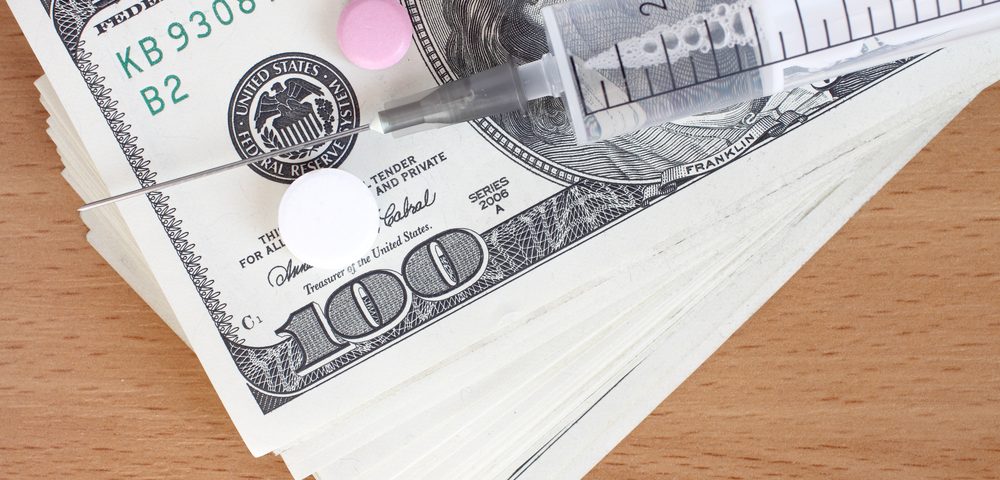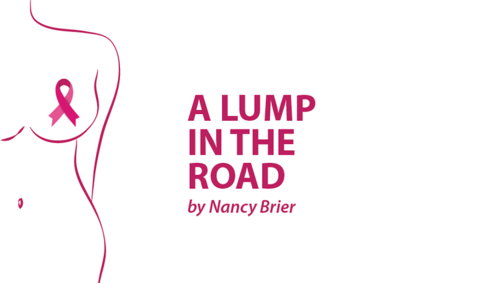“I didn’t know cancer comes with bankruptcy.”
That’s what a friend told me shortly after her dad was diagnosed. I know the financial costs because when I got breast cancer my family’s financial status suddenly became precarious.
Everyone knows that treatment is difficult, but that it can be financially devastating is news to a lot of people.
In my own case, the toll was particularly difficult because my diagnosis coincided with the onset of Obamacare. The law cancelled my existing insurance coverage and replaced it with a new plan — but no doctors took the new plan, and none of the codes that receptionists typed into the computer were accepted. My family was left with no insurance.
Compounding the problem, we are self-employed and lived in a rural area with few healthcare options. Self-employment means that safety nets most wage earners take for granted, such as disability benefits and paid family leave, were not available to me.
That perfect storm of improbable coincidences resulted in a financial impact which, I suspect, we will feel all of our lives.
The most immediate blow was my urgent need for medical care. Without insurance codes that worked, I was in a serious pickle.
One oncologist asked for $300 in cash before he’d see me and then told me I could not possibly pay for treatment. By the time I worked through the red tape I’d be dead, he said. He gave me three months.
If I did somehow manage to survive, he said I’d wind up with a “frankenboob,” a term I found appalling.
It was a relief when Stanford Hospital agreed to take me, but even that was a fluke. As we raced against the clock, my husband Gary called their tumor board and by some miracle we got in. My diagnosis was bad. Stanford asked us to go home, pack a week’s worth of clothes, and come right back. My husband had given them our old insurance card number, and somehow it squeaked through their system.
It wasn’t until I was in a bone scan machine the following Monday that my husband got called to the financial office. Gary had a letter about our insurance cancellation that their legal department needed, because apparently other patients were in the same boat. Before Gary would hand over the letter, he made Stanford’s finance guy look him in the eye, shake his hand, and swear that they’d let me proceed with chemo.
Cancer lifesaving deal
In that instant, the two of them struck a deal that saved my life.
Stanford was nearly 200 miles from our house. We drove 9,342 miles for treatment there. During those drives neither of us were working, so in addition to the costs of travel our income took a serious hit.
When Gary somehow pulled it together to do our taxes, he found that business people can deduct 56 cents a mile for travel, but patients can deduct only 26 cents. It would seem that in those thousands of pages that make up our nation’s new healthcare law, that situation would have been addressed.
The distance, combined with traffic, meant that my chemo treatments required an overnight stay. We were competing with Silicon Valley billionaires for hotel rooms, and even the most modest accommodations were hundreds of dollars a night.
It felt like we were bleeding money.
My husband scrambled to find new insurance plans, but the law created the Wild West of healthcare. Phone lines were jammed and everyone had different answers to basic questions. When we finally got re-instated, our bill went from $700 to $1,940 per month.
Many medicines I needed were not covered by our new pricey insurance. For example, after each chemo session I needed two pills that cost $250 each. We put them on a charge card and hoped for the best.
Although I know my family would pay anything to keep me alive and comfortable, it’s hard not to feel guilty about racking up so much debt.
On one occasion during treatment, thieves broke into our car and stole a bag of clothing. I had hoped to return my daughter’s new dresses to reduce our swelling debt, but instead, the hoodlum probably pawned them in exchange for drugs.
These things happen. But when they happen during cancer treatment, the world can seem unfair.
While I am frustrated by the financial toll of cancer, while I worry that it might come back and take that which it didn’t get the first time, I am cognizant of the profound moments of beauty this unique journey offers.
I learned life lessons that will stay with me forever. I made new friends and am more tolerant of other people’s limitations and my own.
Cancer is expensive, but you can’t put a number on being alive.
Life. As they say in the MasterCard commercials, it’s priceless.
Note: Breast Cancer News is strictly a news and information website about the disease. It does not provide medical advice, diagnosis, or treatment. This content is not intended to be a substitute for professional medical advice, diagnosis, or treatment. Always seek the advice of your physician or other qualified health provider with any questions you may have regarding a medical condition. Never disregard professional medical advice or delay in seeking it because of something you have read on this website. The opinions expressed in this column are not those of Breast Cancer News, or its parent company, BioNews Services, and are intended to spark discussion about issues pertaining to breast cancer.


